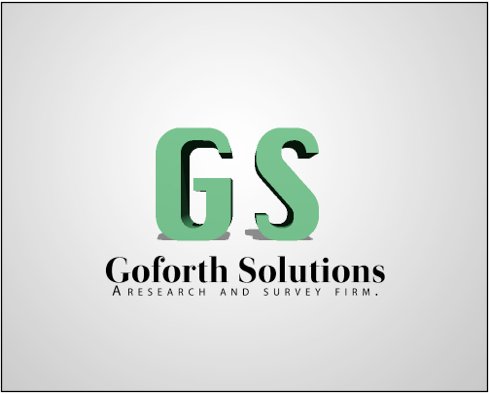Self-awareness and critical thinking
/At the root of our effectiveness is our ability to grasp the world around us and to take the measure of our own performance. We are constantly making judgments about what we know and don't know whether we're capable of handling a task or solving a problem. As we work at something, we keep an eye on ourselves, adjusting our thinking or actions as we progress.
Monitoring your own thinking is what psychologists call metacognition (meta is Greek for "about".) Learning to be accurate self-observers helps us stay out of blind alleys, make good decisions, and reflect on how we might do better next time. An important part of this skill is being sensitive to the ways we can delude ourselves. One problem with poor judgment is that we usually don't know when we've got it. Another problem is the sheer scope of the ways our judgment can be led astray.
To become more competent, or even expert, we must learn to recognize competence when we see it in others, become more accurate judges of what we ourselves know and don't know, adopt learning strategies that get results, and find objective ways to track our progress.
Peter C. Brown and Henry L. Roediger III, Make It Stick: The Science of Successful Learning
